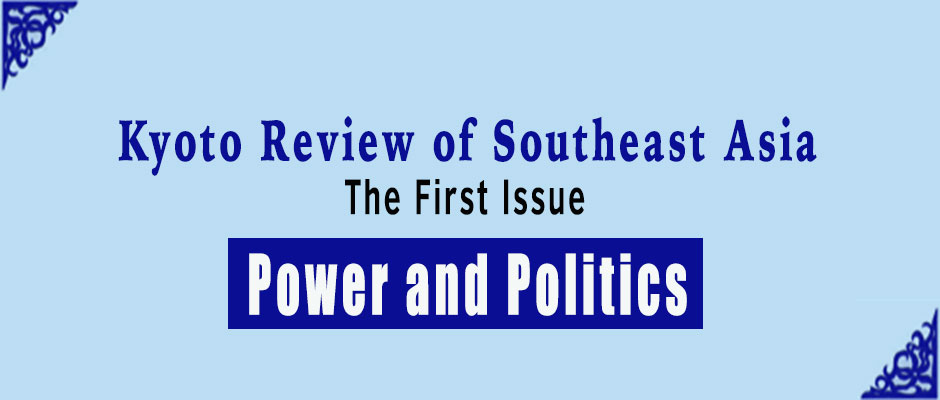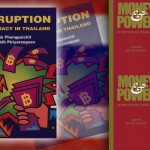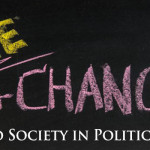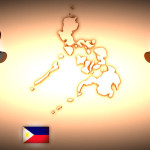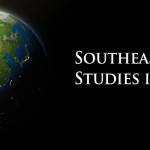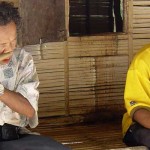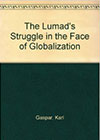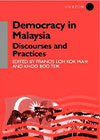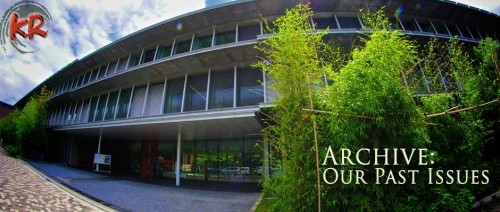Kyoto Review of Southeast Asia. Issue 1 (March 2002). Power and Politics
EDITORIAL
The financial crisis which began in 1997 seemed to break the spell, if not the power, of long-lived political regimes and the promise of global capitalism in Southeast Asia. Since the end of the economic boom, the region has seen a dictator fall, a nation born, a president impeached, a new constitution written, and a new challenge posed to the world’s longest serving prime minister. Despite these dramatic developments, politics in the region is in many ways at an impasse. Representatives of the old order—in the form of militaries, ruling parties, separatist movements, and predatory elites—are alive and well. The new order is being born, but the old will not die.
It is this impasse that inspired the editors to devote the maiden issue of the Kyoto Review of Southeast Asia to politics and the exercise of power. How do intellectuals of the region make sense of this situation in their scholarship? And what can we learn by reading over their shoulders as they write for the general public on issues of immediate import?
One striking note is the outcry against corruption, collusion, and nepotism—KKN in the Malay-speaking world—with which everyone is fed up. In novels, newspapers, and analysis, writers decry the continuing grip of corrupt institutional practices and the outright lies of elected officials. It is in protest against “dirty” politics that it is easiest to find unanimity and moral certainty. The same can be said of calls to strengthen institutions and the rule of law, to reform states paralyzed by bureaucratic rigidity and adherence to precedent.
Yet answers remain elusive. The old faith in the rise of the middle class as a natural cure for corruption and authoritarianism was clearly misplaced. Indications are that sustained economic growth can win tolerance for a great deal of corruption, and that the search for freedom once thought so emblematic of the middle classes can be “privatized” into a quest for a satisfying lifestyle. Nor is democracy itself without blame. From murder and violence on the campaign trail to the election of media personalities, electoral politics has not proved transformative.
Clearly an area where more attention is needed is the blurred boundary of the public and private and the related pairing of charismatic authority and state power. How to explain Thaksin’s popularity, or Estrada’s, if not by their promise to bypass bureaucracy and solve problems through direct action or largesse? That these promises have not been fulfilled is to be expected. What is surprising is that in this much maligned characteristic of Southeast Asian politics, we may find a ray of hope. Rather than adding to the moral opprobrium heaped on political leaders, some of our writers ask for greater nuance in analyzing relations between state and society or for simple recognition that politics rewards self-interest. This search for a new starting place for meaningful reform resonates with another’s reminder that a citizen’s “sense of belonging” goes beyond economic parity. Along with the recent visibility of the poor in civil society actions and (of course) the strengthening of institutions, we may hope that these portend a new kind of popular engagement in politics.
One final thought: Today’s societies often provide little opportunity, still less willingness, to remember past struggles and sacrifices for political goals not yet achieved. But this issue contains two examples of such remembering, both involving the compilation and preservation of narratives of resistance against state crimes. As much as the political stability and economic growth of recent decades, such resistance is a Southeast Asian legacy, and these exercises in remembrance represent a growing trend that we hope to examine more fully in a future issue.
We are launching this website with the hope of deepening and broadening conversations within Southeast Asia and beyond. We therefore welcome your comments on all pages of the Kyoto Review of Southeast Asia and invite your suggestions as we expand our coverage, both topically and geographically, in coming issues.
Donna Amoroso
Editor, Kyoto Review of Southeast Asia

